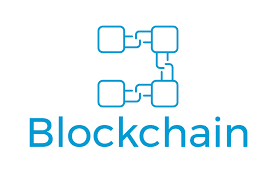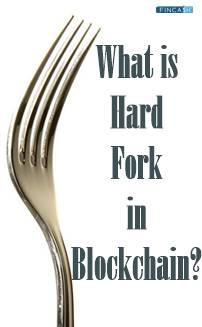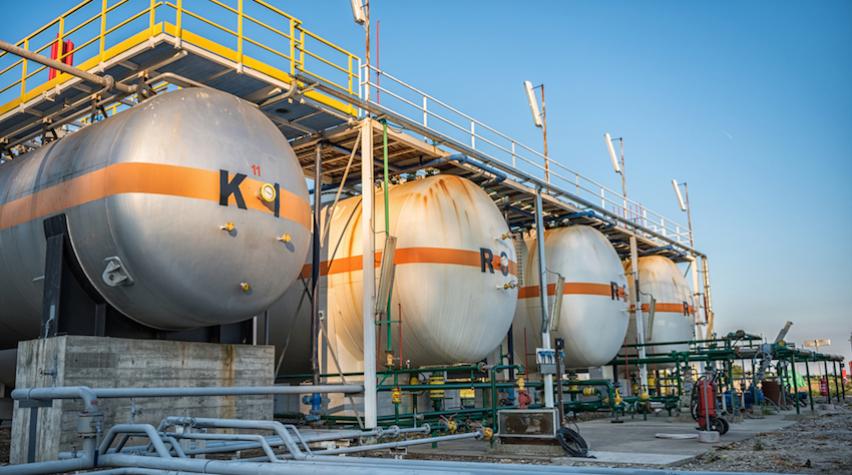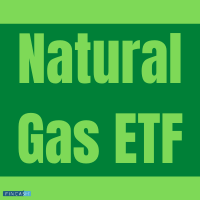Gas in Ethereum Blockchain
Defining Gas in Ethereum Blockchain
Gas is referred to as the pricing value or fee needed to conduct a transaction or execute a contract successfully on the platform of Ethereum blockchain. Gas is majorly priced in sub-units of cryptocurrency ether, which is known as gwei.
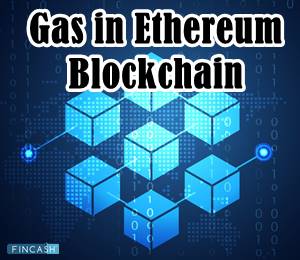
The gas is also used for resource allocation of the Ethereum Virtual Machine (EVM) so as to self-execute decentralized apps, like smart contracts, in a secured manner. The correct price of the gas is comprehended by the miners’ network, who can decline to the transaction process if the price of gas doesn’t meet the benchmark.
Explaining Gas in Ethereum
Initially, the gas concept was introduced to keep a different value that precisely specifies the consumption toward computational expenses on the network of Ethereum. Having this distinct unit allowed maintaining a separation between the computational cost and the real value of the cryptocurrency.
Here, gas is referred to as the Ethereum network transaction fees. Gas fees in Gwei are such payments that users make to compensate for the computing energy necessary to validate and process Ethereum blockchain transactions.
Thus, the Gas Limit signifies the maximum amount of energy (or gas) that you can spend on a specific transaction. A high gas limit simply means that you should work more to execute a transaction via smart contract or ether.
Talk to our investment specialist
The Role of Ethereum Virtual Machine
Typically, the Ethereum Virtual Machine (EVM) is competent of running smart contracts that represent financial agreements like swaps, options contracts, or coupon-paying Bonds. This machine can also be used:
- To execute wagers and bets
- To act as a trusted escrow for the high-value products’ purchase
- To fulfil contracts of employment, and
- To regulate a viable decentralized facility of gambling.
These are only a few examples of the possibilities with smart contracts. Furthermore, it also carries the skills to replace every type of social, financial and legal agreement. However, presently, the EVM and running smart contracts are expensive in terms of consumption of ether and limited in their processing power.
As per the developers, the current system can be compared to a mobile phone of the 1990s. But this scenario is likely to change quite sooner than expected with the development of latest and advanced protocols.
Thus, in just a few years, the EVM will be competent enough to handle and regulate sophisticated smart contracts in real-time.
All efforts have been made to ensure the information provided here is accurate. However, no guarantees are made regarding correctness of data. Please verify with scheme information document before making any investment.
